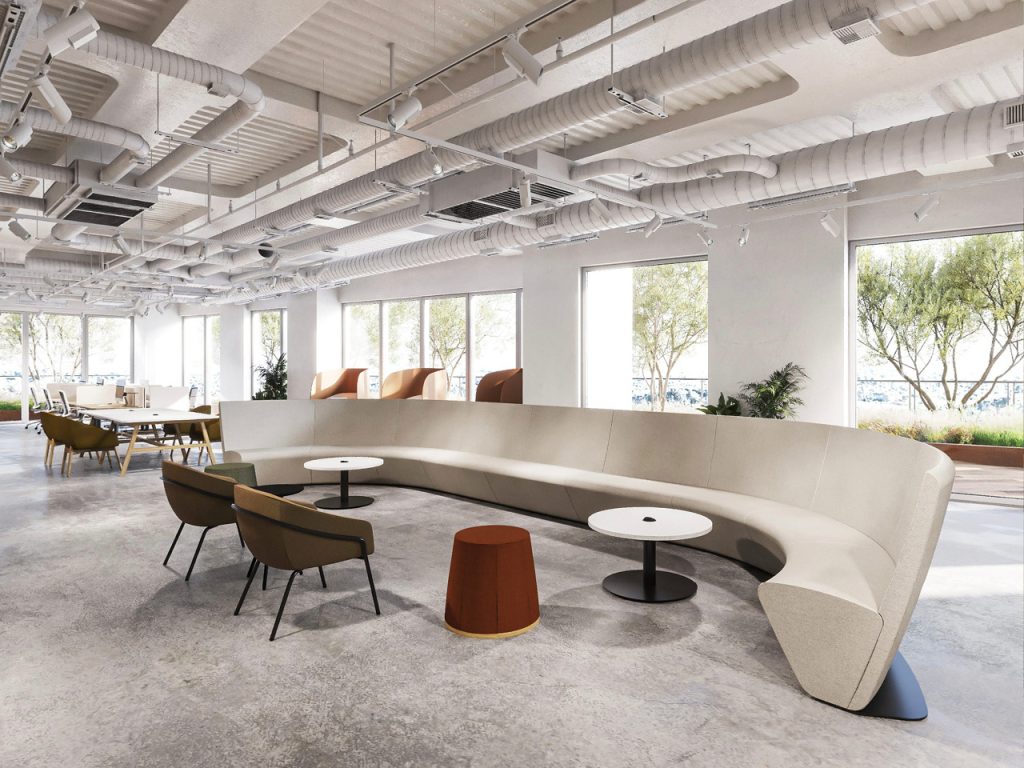Destination working, or the practice of traveling to a new location to work remotely, has been on the rise in recent years. With the advent of technology and the internet, it has become easier than ever for individuals to work from anywhere in the world. As a result, many people are taking advantage of this opportunity to explore new places while maintaining their careers. But what does the future of destination working hold? Here are some trends and predictions to consider.
One trend likely to continue is the rise of co-working spaces and digital nomad communities. These spaces provide individuals with a place to work as well as an opportunity to connect with other remote workers. As more people turn to their destination working, Workation or Remote Working, the demand for these types of spaces is likely to increase.
Another trend likely to continue is the popularity of "bleisure" travel or the combination of business and leisure travel. As more companies allow remote work, employees will likely take advantage of the opportunity to turn their business trips into vacations. This can provide a greater sense of balance and fulfillment for individuals.
In addition to these trends, it is predicted that destination working will become more mainstream and accepted as a viable way of working. Companies are likely to start recognizing the benefits of Workation and remote working, such as increased productivity and lower overhead costs, and will start to offer more flexible working options to their employees.
Moreover, technology is expected to improve to the point where it becomes even easier to work remotely, with faster internet speeds and more advanced communication tools. This will make it more feasible for people to work from anywhere, including remote or new areas.
Overall, destination working is a trend that has been gaining momentum in recent years. It is likely to continue growing in popularity as more companies adopt remote work policies and technology continues to improve. It offers individuals the opportunity to explore new places and cultures while maintaining their careers. As such, it is expected to become a more mainstream and accepted way of working in the future.


